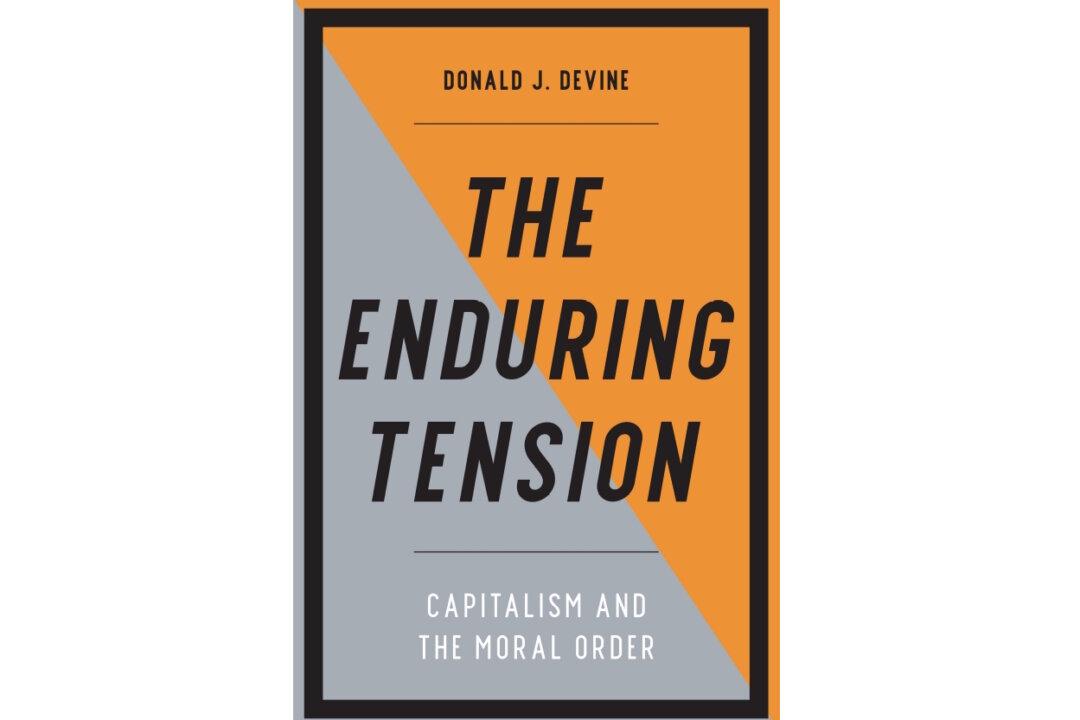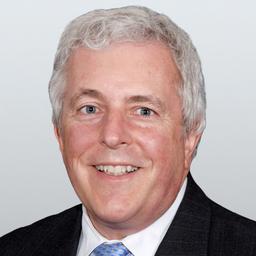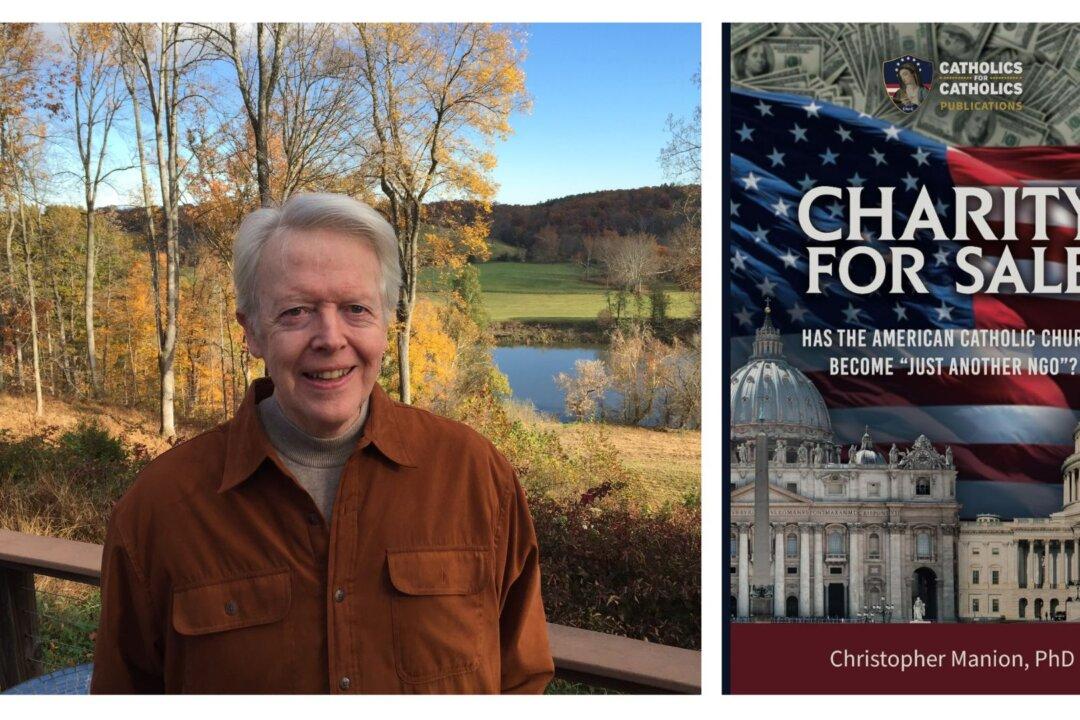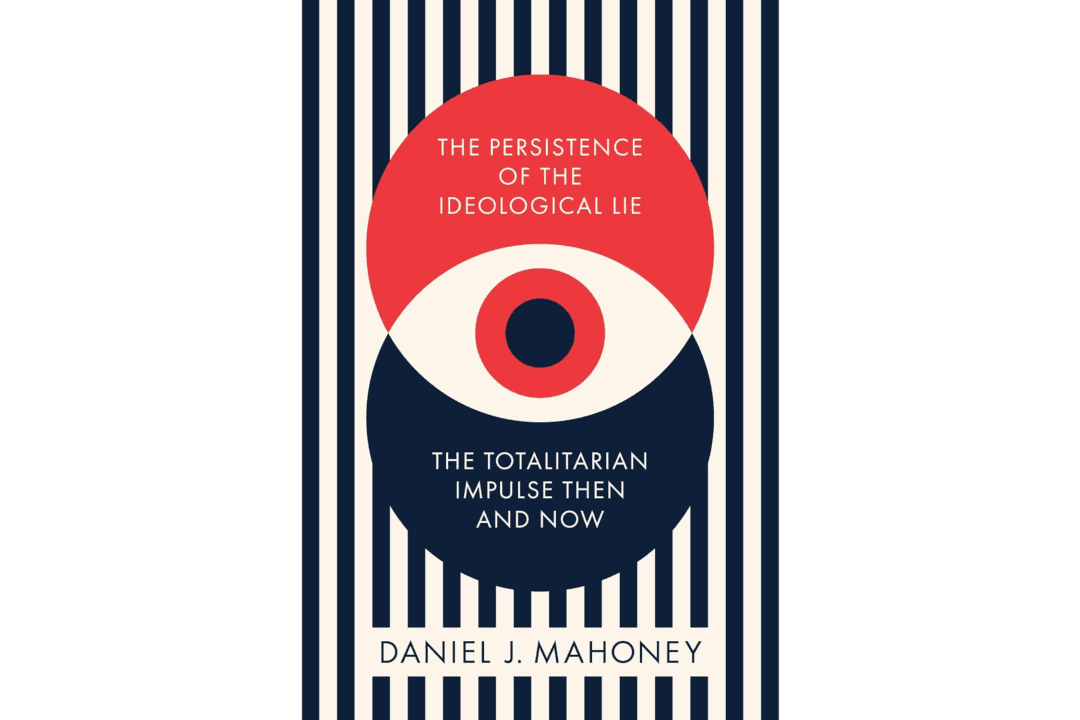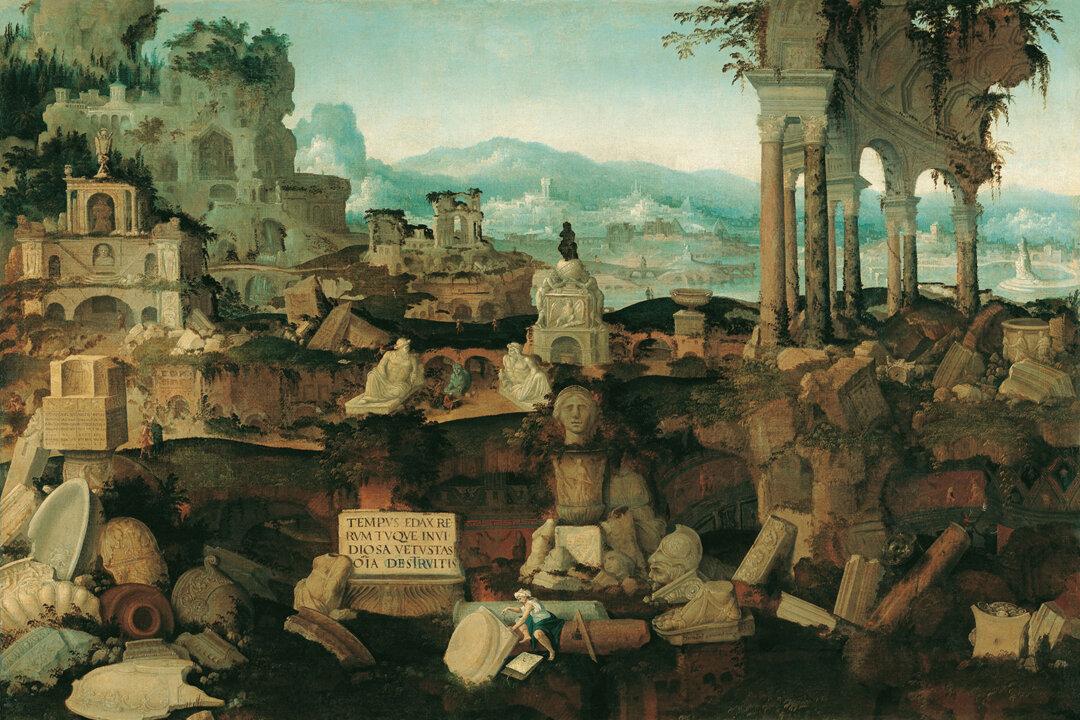One of the selling points for those who embrace far-left progressivism and even socialism is the “morality” of redistributing income and even wealth from productive, hard-working Americans to others.
Opponents of these tried-and-failed philosophies can cite the empirical numbers, demonstrating that the outcomes of states and nations that have moved toward socialism have botched their economies and harmed their societies. But what about the morality of their plans, and how best to defeat the far left and move toward a vibrant economy and properly-ordered government?

